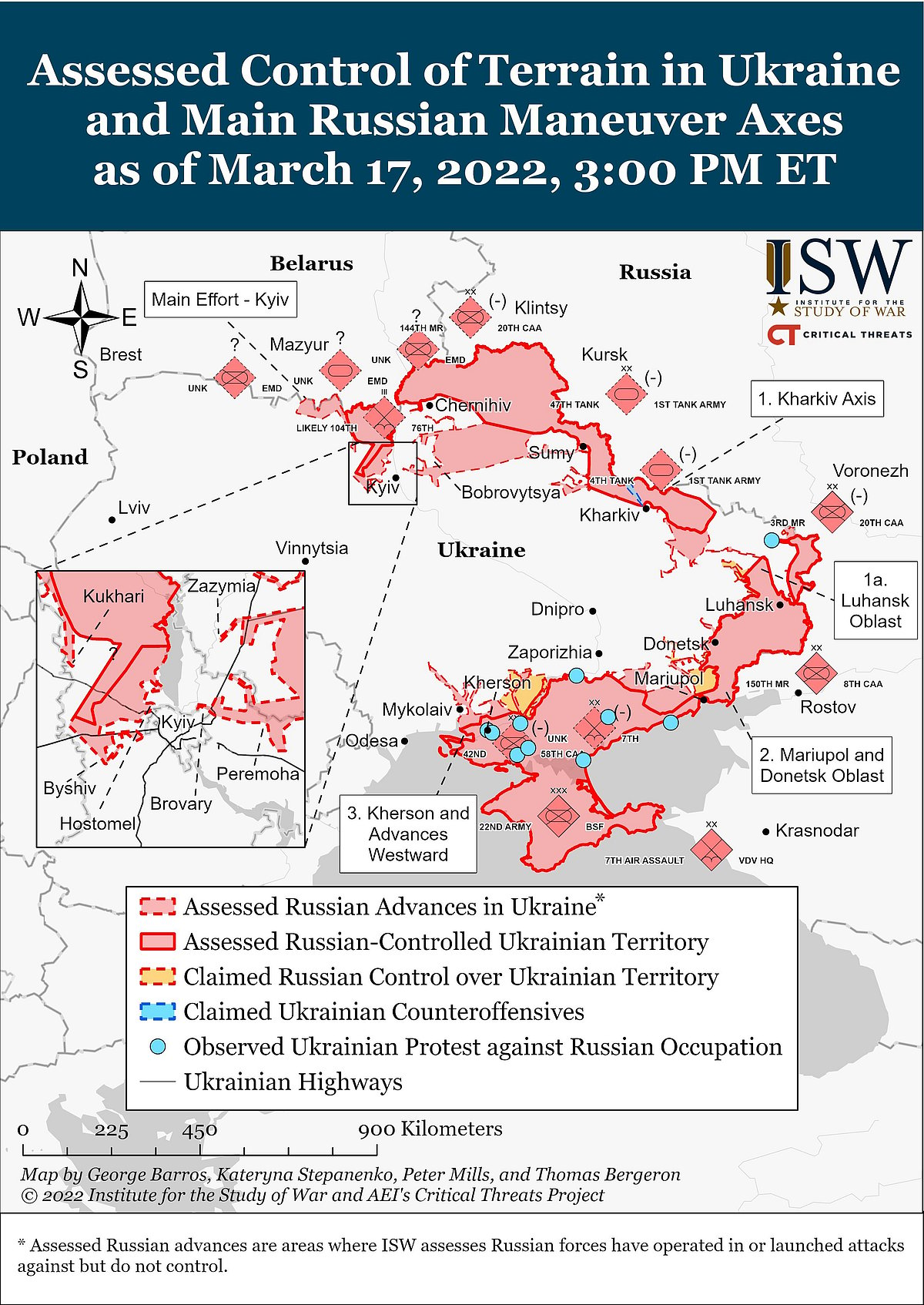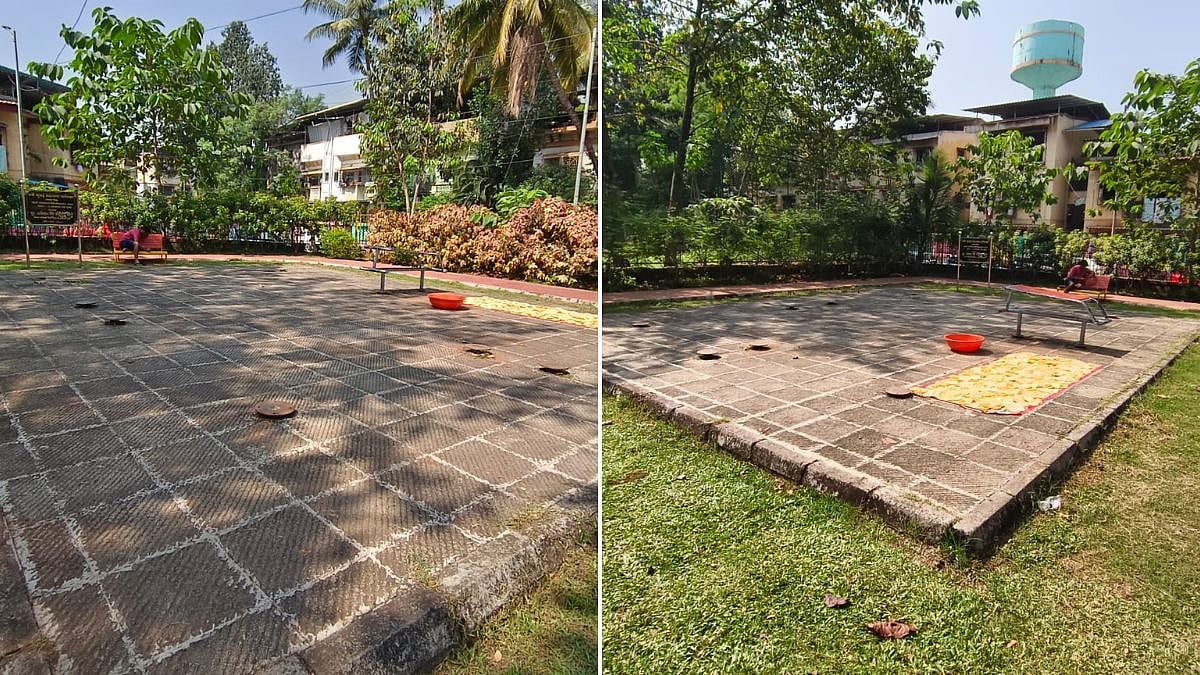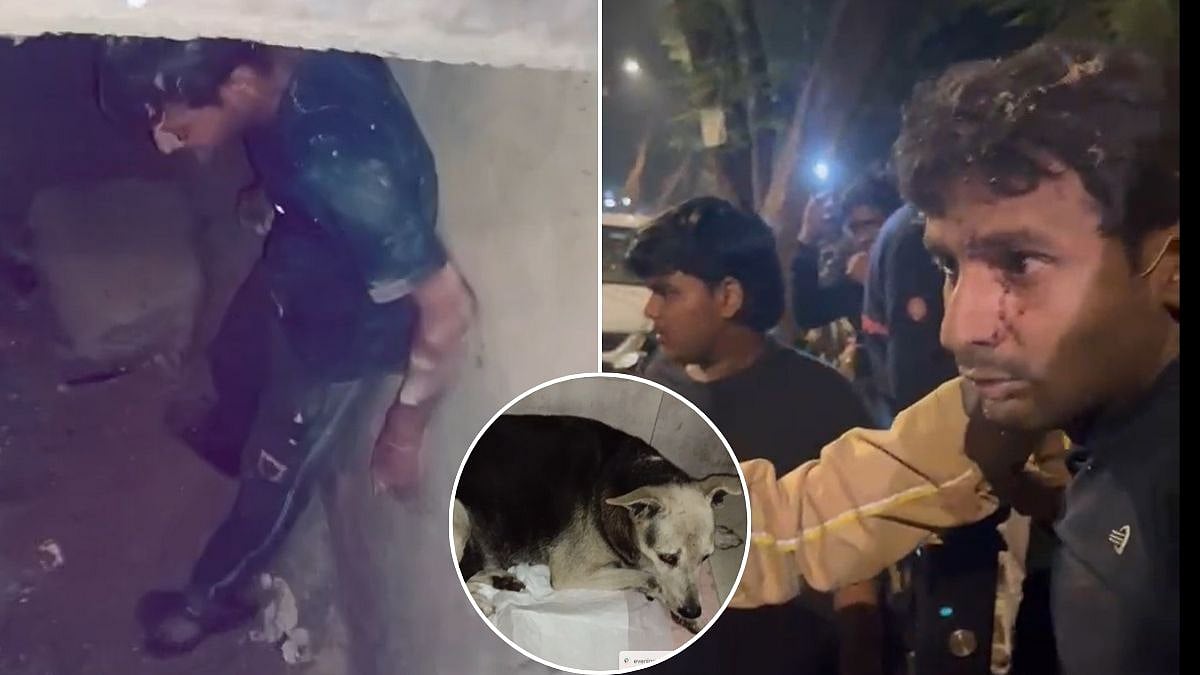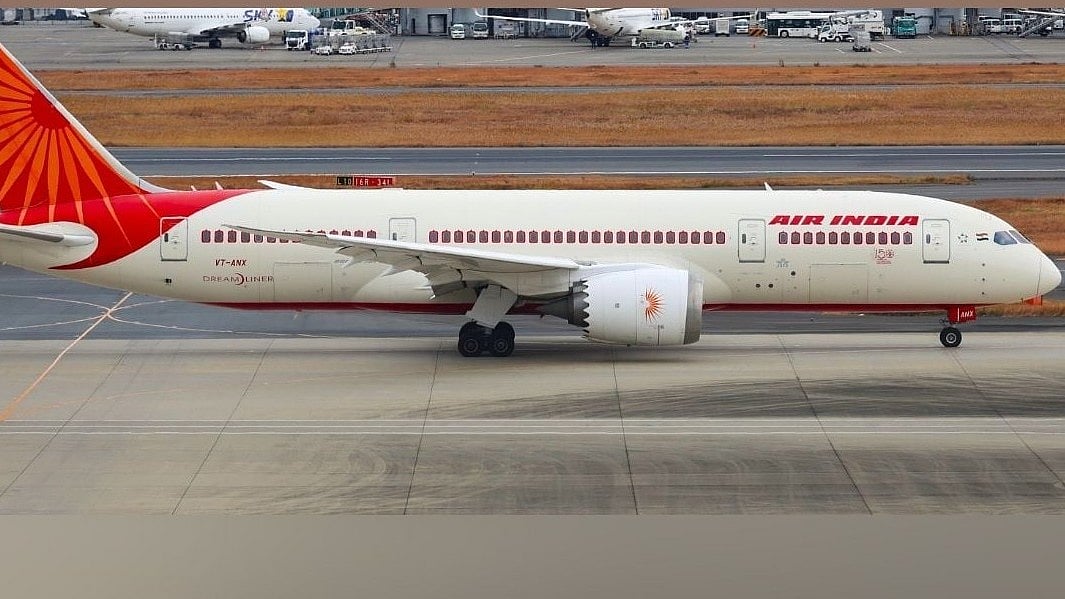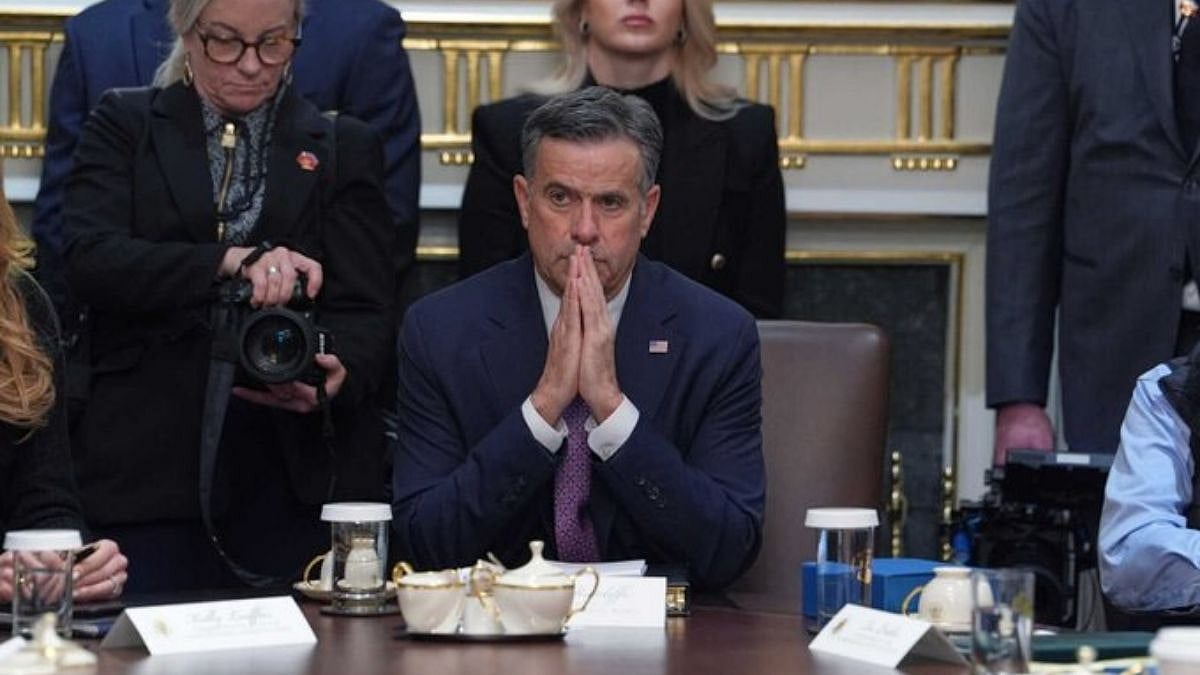Located on the Azov Sea, some 100 kilometers from the rebel-held provincial capital Donetsk, Mariupol is seen as a key element of a potential land corridor from Russia to the Crimean peninsula, which the Kremlin annexed from Ukraine in 2014, should the city fall to the Russians.
The Mariupol Sea Port handled 13 million metric tons of cargo -- including steel -- last year, making it Ukraine's fifth largest port in terms of freight traffic in 2014 and by far the busiest commercial marine hub on the Azov Sea, according to official government data.
Mariupol is also an important industrial centre, where the key metallurgical enterprises are situated. Steel and iron production within the enterprises Illich Iron & Steel Works and Azovstal are strategically important for Ukraine.
Moscow understands that taking the city and controlling the main port as well as important industries will put economic pressure on Ukraine's government.
Mariupol is crucially important for Ukrainian military operations along the former line of contact – the front line between Ukrainian forces and separatist militias prior to the invasion. If the city is captured, the Ukrainian forces currently located there will face either logistic isolation and/or encirclement. For Moscow it would mean being able to unite the Russian-backed rebels in eastern Ukraine with its troops in Crimea.
By seizing the city, Putin could create a corridor between Russia, the Donbas area, and Crimea, and take full control of the Sea of Azov.
Connecting Crimea with mainland Russia via the rebel-held areas would make it much easier for Russia to move goods and people to and from Crimea. Russia has wanted this since 2014, when the conflict in the east began.
Currently the peninsula is connected to Russia via a single bridge, built at great expense after the Russian annexation.
In May 2014, during the War in Donbas, forces of the separatist and Russian-backed Donetsk People's Republic (DPR) attacked the city and forced Ukrainian forces to retreat during the Battle of Mariupol.
However, the following month, Ukrainian forces recaptured the city during an offensive. The conflict was frozen when the Minsk II ceasefire agreement was signed in 2015.
According to a report by the US-based think-tank The Institute for the Study of War, "Russian forces concentrated considerable combat power around Mariupol drawn from the 8th Combined Arms Army to the east and from the group of Russian forces in Crimea to the west. The protracted siege of Mariupol is seriously weakening Russian forces on that axis, however. The confirmed death of the commander of the Russian 150th Motorized Rifle Division likely indicates the scale of the damage Ukrainian defenders are inflicting on those formations. The block-by-block fighting in Mariupol itself is costing the Russian military time, initiative, and combat power. If and when Mariupol ultimately falls the Russian forces now besieging it may not be strong enough to change the course of the campaign dramatically by attacking to the west."
Putin’s forces are in position to capture the besieged port city of Mariupol. Overall, Russians appear to be fighting with three objectives now: to surround Kyiv, to encircle spread-out Ukrainian fighters in the east and to break through to the major port city of Odessa in the west, said Michael Kofman, an expert on the Russian military and program director at CNA, to The Associated Press.
Kofman cautioned that much of the information on the war is coming from Ukrainians or from their American or other allies. That makes the partial picture skewed and a full picture impossible.
Estimates of Russian deaths vary widely. Yet even conservative figures are in the low thousands. That’s a much faster pace than in previous Russian offensives, threatening support for the war among ordinary Russians. Russia had 64 deaths in five days of fighting during its 2008 war with Georgia. It lost about 15,000 in Afghanistan over 10 years, and more than 11,000 over years of fighting in Chechnya.
